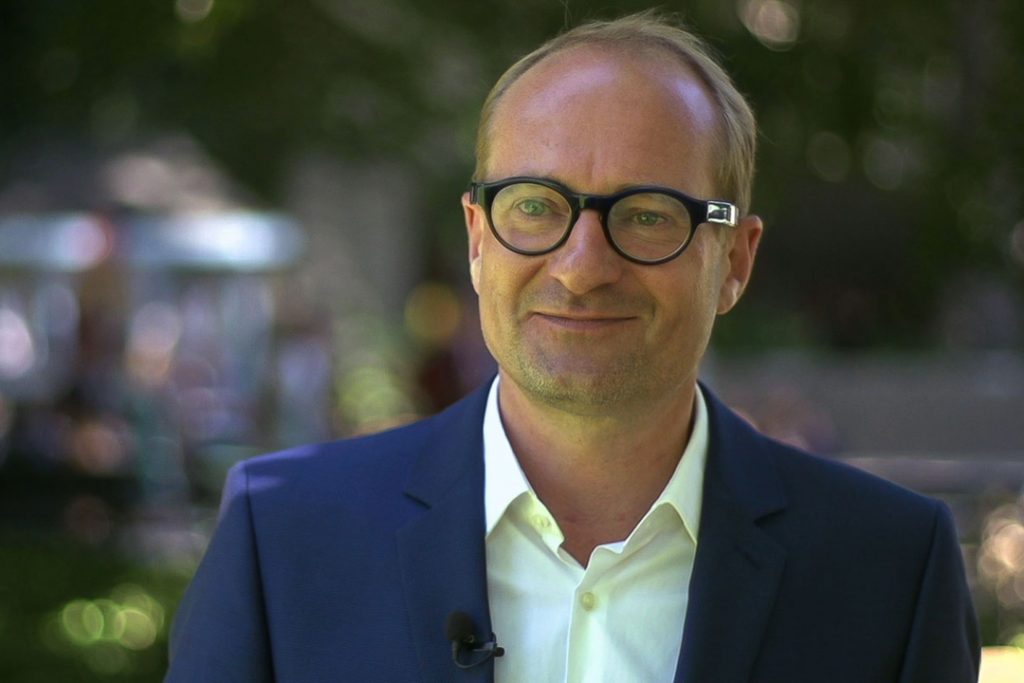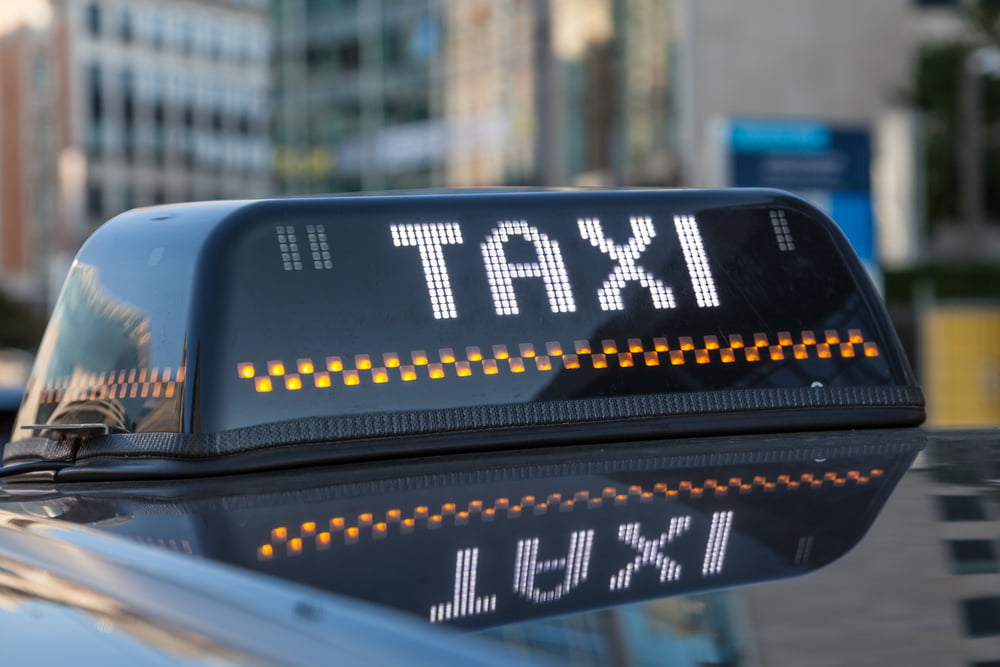Flemish Minister for Mobility Ben Weyts has implemented the new Taxi Decree in an implementing decree. The Flemish Parliament approved that decree in March and since then, bodies such as the Flanders Mobility Council have issued advice on the specific details. Weyts now has detailed regulations that democratize the taxi.
"Thanks to this new regulation, more taxis will be driving around, at lower prices," says Weyts. "It should go without saying for the generation of my children to take a cheap green taxi home at night after a party."
In March, the Flemish Parliament approved a decree by Minister of Mobility Ben Weyts that the taxi must be democratized. That 'Taxi Decree' had to be made because the taxi is a very exceptional and relatively expensive means of transport for most Flemish people. There are currently relatively few licensed taxis in Flanders because of the fixed rates, the strict quotas, the restriction to the territory of the municipality where the taxi is licensed and a laundry list of rules (which also differ from municipality to municipality. ).
Weyts has now fleshed out the new Taxi Act in an implementing decree. The new regulations pave the way for more taxis, because the old quotas that limit the number of taxis to 1 taxi per 1000 inhabitants are now disappearing. The way is also clear for lower prices, because there are no longer minimum or maximum rates imposed. The local authorities can set rates for the so-called 'station taxis', which customers can pick up at important attraction poles such as train stations, but the other 'street taxis' determine their price themselves. Free market forces will push prices down.
Taxis are also given more freedom of movement. Today, the scope of a taxi is limited to the territory of the municipality where the taxi is licensed. This means that a taxi that takes a customer from Antwerp to Ghent cannot simply pick up passengers in Ghent or on the way back to Antwerp. As a customer, you also have to pay for an empty return trip. The implementing decree extends the scope of taxis to the whole of Flanders. This reduces the number of empty return trips and makes a taxi cheaper for the operator and the customer.
The taxi fleet is getting bigger and cheaper, but also greener. Work is progressing towards zero emissions in 2030. Newly registered taxi vehicles will have to meet increasingly green standards in 2020, 2025 and finally 2030. This gives operators the necessary time to employ greener taxis. In addition, for some specific cases, such as taxis that have been converted to transport wheelchair patients, derogations may be allowed. Weyts also wants to support municipalities in offering charging stations for taxis.
The many rules are limited to what is really necessary. For example, a taxi will no longer be required to have a classic taxi meter. That was a relatively expensive and old-fashioned device. A customer must clearly see the rates before a ride and after a ride can also get a clear statement, which clarifies which factors have determined the cost price. But operators can choose how they make that data available to the customer and the government.
The permit conditions are also limited to the minimum requirements that are really important for the passenger: the drivers have all the necessary certificates and the vehicles are neat, safe and inspected. A new requirement is imposed: every driver must be able to speak Dutch with the customers. The Implementing Decree grants the taxi drivers a transition period of 1 year after obtaining the driver's pass to achieve language level B1. This gives foreign-language newcomers time to take Dutch language lessons after their working hours.
The remaining rules do apply throughout Flanders and for every taxi: the same work applies to the same laws. All providers will have to respect the same rules and all providers will also be monitored. Clear conditions are imposed on platforms and taxi centers. A new enforcement tool is even being introduced: violations can now be dealt with promptly and immediately.
"The new Taxi Decree is a win-win," said the minister. “The sector can count on simpler, uniform rules, a lower threshold for entering the taxi market and an increase in market share. The customer can count on more taxis and lower prices. ”
Weyts will now submit the draft implementing decree for advice to the Council of State . The new regulations must then enter into force in early 2020.




